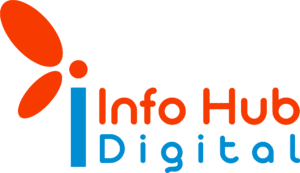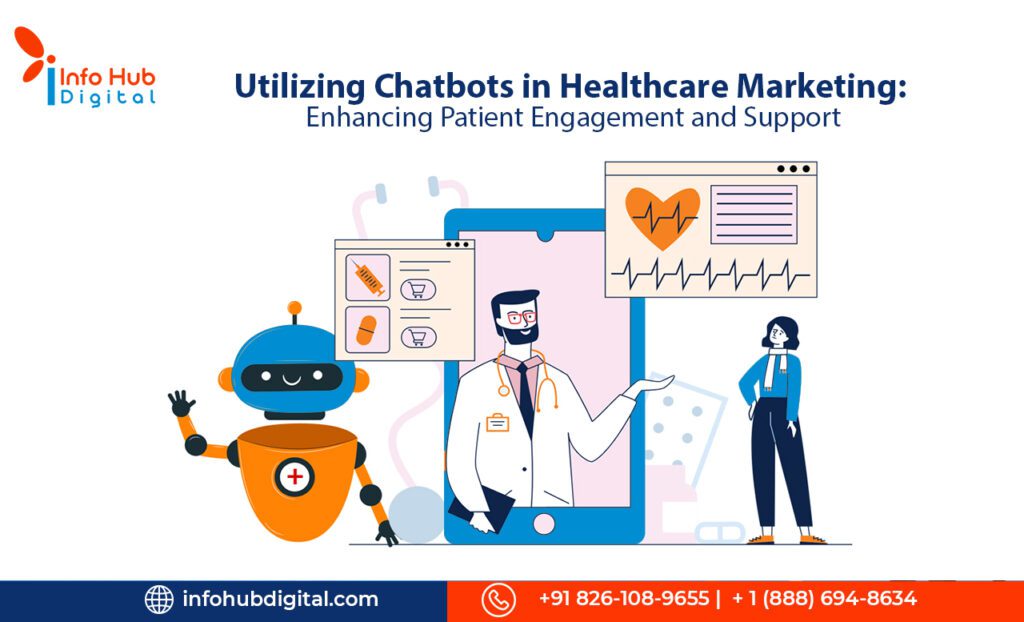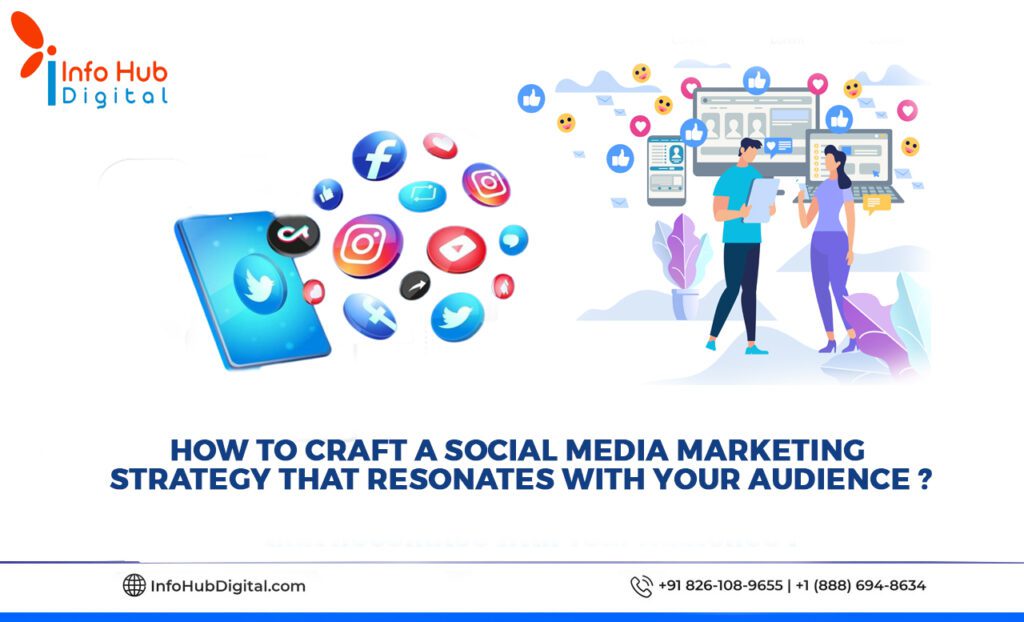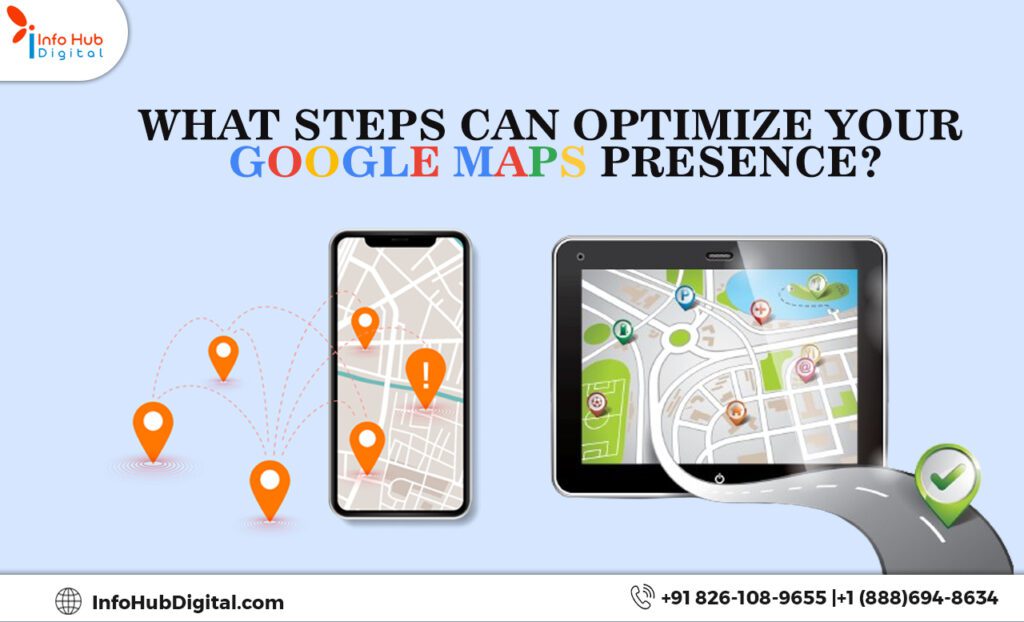In today’s digital age, the healthcare industry is rapidly embracing innovative technologies to improve patient experiences and streamline processes. Among these, chatbots have emerged as a powerful tool in healthcare marketing. Chatbots are computer programs designed to simulate human-like conversations with users, providing instant responses to their queries and offering valuable information. As healthcare providers seek to enhance patient engagement and support, integrating chatbots into their marketing strategies has become an increasingly attractive option.
Importance of Patient Engagement and Support in Healthcare
Patient engagement plays a pivotal role in ensuring positive health outcomes. Engaged patients are more likely to adhere to treatment plans, actively participate in their care, and maintain better communication with healthcare providers. Furthermore, effective support systems are essential for patients to feel valued and cared for throughout their healthcare journey. Chatbots offer a unique opportunity to achieve these goals efficiently and effectively.
Table of Contents
Understanding Chatbots in Healthcare
- A. Definition and Functionality of Chatbots : A chatbot is an AI-driven software application that uses natural language processing (NLP) to understand and respond to user queries. It can be designed to interact through text, voice, or both, making it a versatile communication tool for patients and healthcare professionals alike. Chatbots utilize machine learning algorithms to continuously improve their responses and provide more personalized interactions over time.
- B. Chatbot Applications in the Healthcare Industry: Chatbots find diverse applications in the healthcare sector, catering to various needs. Appointment scheduling, medication reminders, answering health-related questions, and providing self-care tips are just a few examples of how chatbots benefit patients. Additionally, healthcare organizations use chatbots to offer customer support, gather patient feedback, and even conduct preliminary assessments of symptoms.
Benefits of Utilizing Chatbots in Healthcare Marketing
- A. Improved Patient Engagement: Patient engagement is crucial for better health outcomes and increased patient satisfaction. Chatbots foster engagement by providing timely and accurate responses, enabling patients to access information 24/7. With personalized interactions and tailored health recommendations, chatbots empower patients to take charge of their well-being.
- B. Enhanced Customer Support and Communication : In the healthcare industry, swift and reliable communication is vital. Chatbots offer immediate assistance, reducing response times and freeing up staff to focus on more complex tasks. Whether it’s guiding patients through the registration process or addressing their concerns, chatbots create a seamless support experience.
- C. Personalized Health Information and Recommendations : Each patient’s healthcare journey is unique, and chatbots can deliver personalized health information based on individual needs and medical history. By analyzing patient data, chatbots can offer targeted recommendations, such as suitable treatment options or preventive measures, thus promoting proactive healthcare.
Implementing Chatbots in Healthcare Marketing Strategies
- A. Integration with Websites and Social Media Platforms: To maximize the reach and impact of chatbots, integrating them with healthcare websites and social media platforms is essential. Placing chatbot widgets on webpages and social media profiles allows easy access for users seeking information or assistance.
- B. Ensuring Data Privacy and Security Compliance: Healthcare data is highly sensitive, and protecting patient privacy is paramount. When deploying chatbots, healthcare organizations must adhere to strict data privacy regulations and implement robust security measures to safeguard patient information.
- C. Designing Conversational User Experiences: A successful chatbot relies on providing a natural and user-friendly conversational experience. Designing chatbot interactions that feel human-like, intuitive, and empathetic fosters stronger patient connections and encourages continued engagement.
Challenges and Solutions in Using Chatbots for Healthcare Marketing
- A. Handling Sensitive Health Information: With the potential to gather and analyze vast amounts of patient data, chatbots must prioritize data security and compliance. Implementing advanced encryption and adhering to industry regulations ensure patient information remains confidential.
- B. Ensuring Accurate and Trustworthy Information: While chatbots can provide quick responses, ensuring the accuracy and reliability of information is crucial. Regular updates and oversight from healthcare professionals can maintain the quality of responses and prevent misinformation.
- C. Addressing Language and Cultural Barriers: Chatbots should be designed to understand diverse languages and cultural nuances to cater to a broader patient demographic. Employing multilingual capabilities and cultural sensitivity can help overcome language barriers and ensure inclusivity.
Ethical Considerations in Healthcare Chatbot Usage
- A. Informed Consent and Transparency: Obtaining explicit user consent for data collection and processing is vital to establish trust with patients. Transparency in chatbot functionality and data usage instills confidence in patients and strengthens the provider-patient relationship.
- B. Avoiding Misdiagnosis and Medical Liability: Chatbots should never replace professional medical diagnosis or advice. Providers must clearly communicate the limitations of chatbot assistance and direct patients to seek medical attention when necessary.
- C. Safeguarding Patient Privacy: Healthcare organizations must prioritize privacy, ensuring that chatbots do not store unnecessary patient data and that all data handling adheres to relevant privacy regulations.
Future Prospects and Trends of Chatbots in Healthcare Marketing
- A. AI Advancements and Natural Language Processing: As AI and NLP technologies continue to evolve, chatbots will become even more sophisticated, understanding complex medical inquiries and offering precise responses, leading to better patient experiences.
- B. Seamless Integration with Telemedicine and Wearable Devices: Integrating chatbots with telemedicine platforms and wearable devices will enable continuous monitoring of patients’ health, providing real-time feedback and recommendations, ultimately improving overall care quality.
- C. Chatbots as Virtual Health Assistants: In the future, chatbots have the potential to become comprehensive virtual health assistants, managing patients’ health information, providing personalized health insights, and fostering continuous engagement with healthcare services.
Conclusion:
In partnership with Info Hub Digital, a leading digital marketing services provider in India and the USA, healthcare organizations can harness the transformative potential of chatbots in their marketing strategies. By embracing chatbots, they can elevate patient engagement, offer personalized support, and streamline communication.
As an esteemed healthcare marketing agency in India, Info Hub Digital brings expertise and innovation to this dynamic landscape. Our tailored solutions, driven by cutting-edge AI and NLP technologies, enable seamless integration of chatbots with telemedicine and wearable devices, creating a comprehensive virtual health assistant.
Empowering patients with instant access to information and proactive healthcare recommendations, chatbots redefine patient experiences. With Info Hub Digital as your trusted partner, your Digital Marketing For Healthcare Services endeavors will thrive, setting new benchmarks in patient-centric care.







